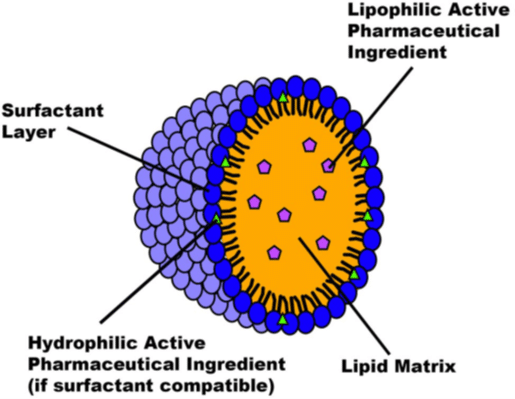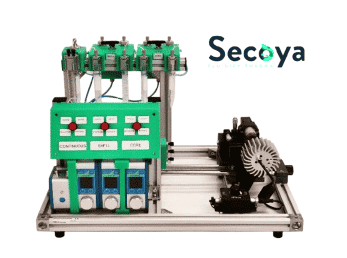
Overview:
Progress in drug design has led to the development of new molecules. However, the limited ability to selectively deliver these molecules andtest them with well-defined dosing regimens remains a significant challenge. Therefore, the development of effective therapies relies on the development of carriers that are nontoxic andable to carry a significant portion of the moleculewith high accuracy, allowing for the combination of therapeutic platforms.
Microfluidics is a technique which deals with the flow of fluids within micron sized channels. It provides a platform where nanomedicines can be synthesized in a controlled manner, giving users the ability to tune their size, charge, polydispersity, and other surface fictionalization properties.
In addition, the technique is energetically economical, easier to use, and comparatively cheaper and faster. Plus,the molecules that haven’tbeen incorporated in the particles can be reused.
✅ Explore the revolutionary impact of microfluidics in advancing drug delivery and therapy.
✅ Tune in to the latest advancements in polymer, lipid, and protein-based medicines.
✅ Discover eco-friendly methods that outpace traditional formulations in terms of cost and speed.
✅ Delve into 3D printing/bioprinting for cutting-edge pharmaceutical applications.
Speakers:
Adam Meziane : Product Manager at Fluigent (France).
Dimitrios lamprou : Professor Dimitrios Lamprou (Ph.D. MBA) is the Chair of Biofabrication and Advanced Manufacturing & Director at MSc Industrial Pharmaceutics at Queen’s University Belfast (UK).
Solid Lipid Nanoparticles for Biologics and Drug Encapsulation
Learn more about this innovative approach to drug encapsulation- developed by the Lamprou Lab (Queen’s University Belfast)- for the precise and reproducible production of biologic-encapsulated solid lipid nanoparticles using Fluigent’s FlowEZ flow controller. This method allowed the versatile customization of nanoparticles for specific biologics, demonstrating a sustained release of kinetics in vitro, and offering significant progress in biologics and drug delivery.

Microfluidics in Nanomedicine
A lecture of Dimitrios Lamprou
Dimitrios Lamprou (Ph.D. MBA) is Reader in Pharmaceutical Engineering and Programme Director at MSc Industrial Pharmaceutics at the School of Pharmacy in Queen’s University Belfast (UK). His research and academic leadership have been recognised in a range of awards, including the Royal Pharmaceutical Society Science Award and the Scottish Universities Life Sciences Alliance Leaders Scheme Award. Dimitrios research lab is applying Nano and Microfabrication Techniques (e.g., 3D Printing & Bioprinting, Electrospinning, Microfluidics & Lab-on-a-chip) in the Manufacturing of Drug Delivery Systems, Medical Devices & Implants.
Microfluidic Complex Emulsion Production Platform
This complex emulsion production platform, developed by Secoya, and using our flow control equipment, is a fast and easy screening system to perform emulsification processes such as single emulsions and double emulsions. Save time with an integrated, organized, ready-to-use platform and get monodispersed complex emulsions rapidly.
